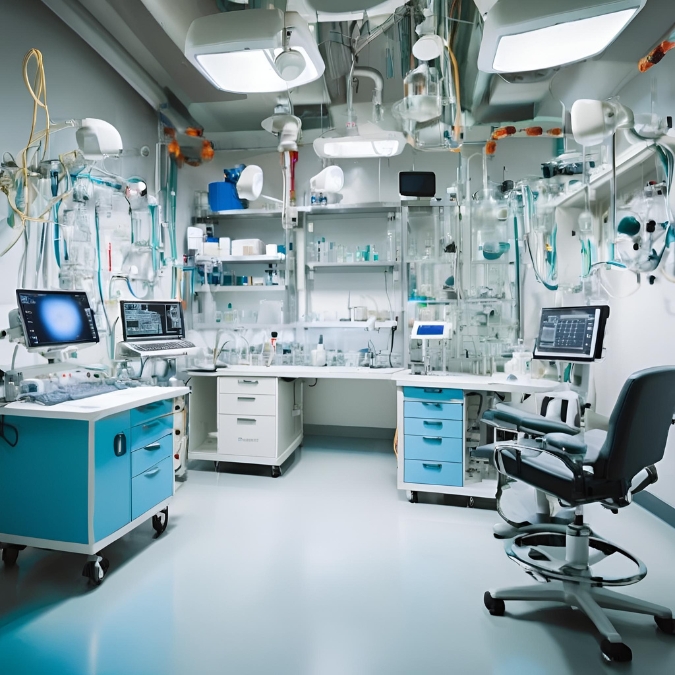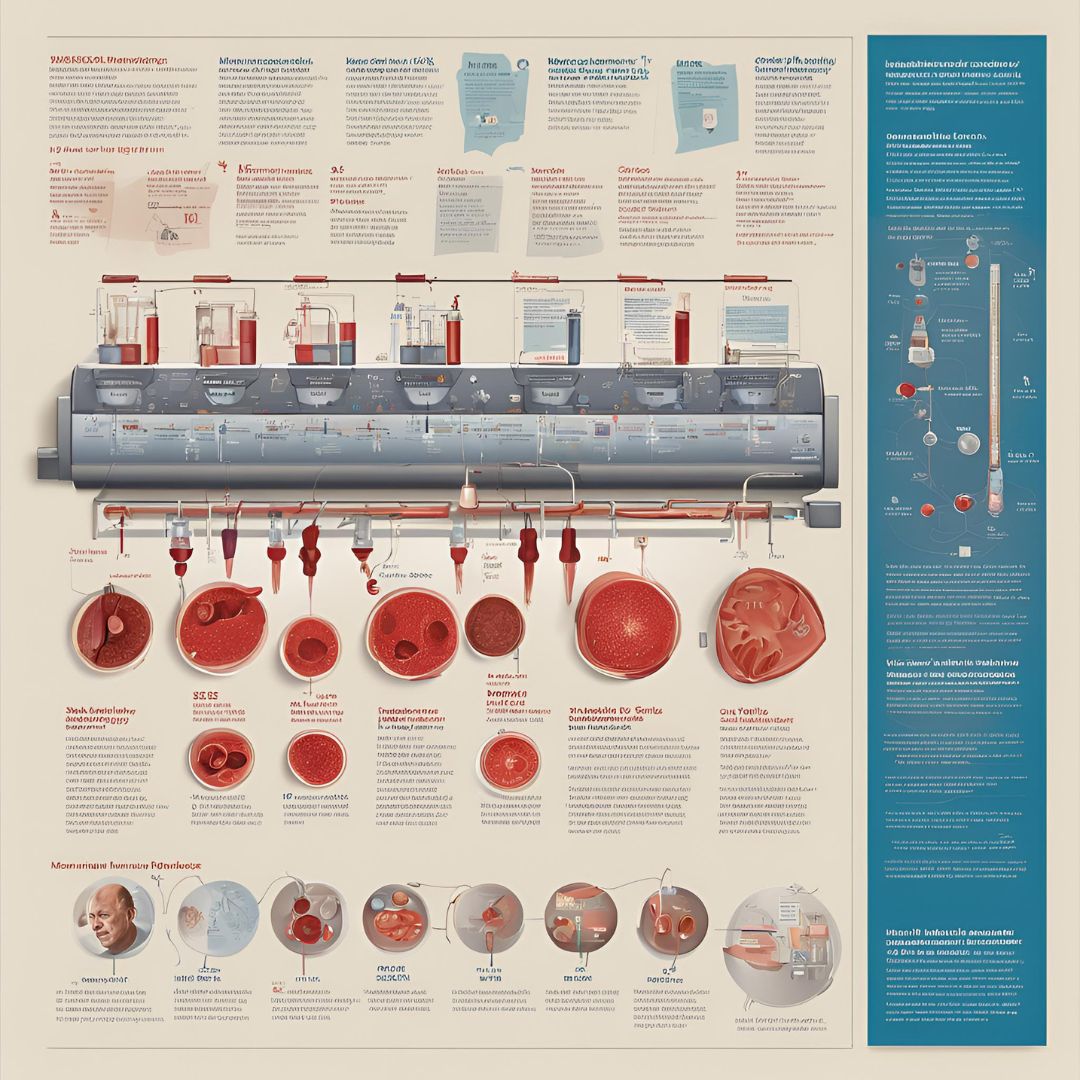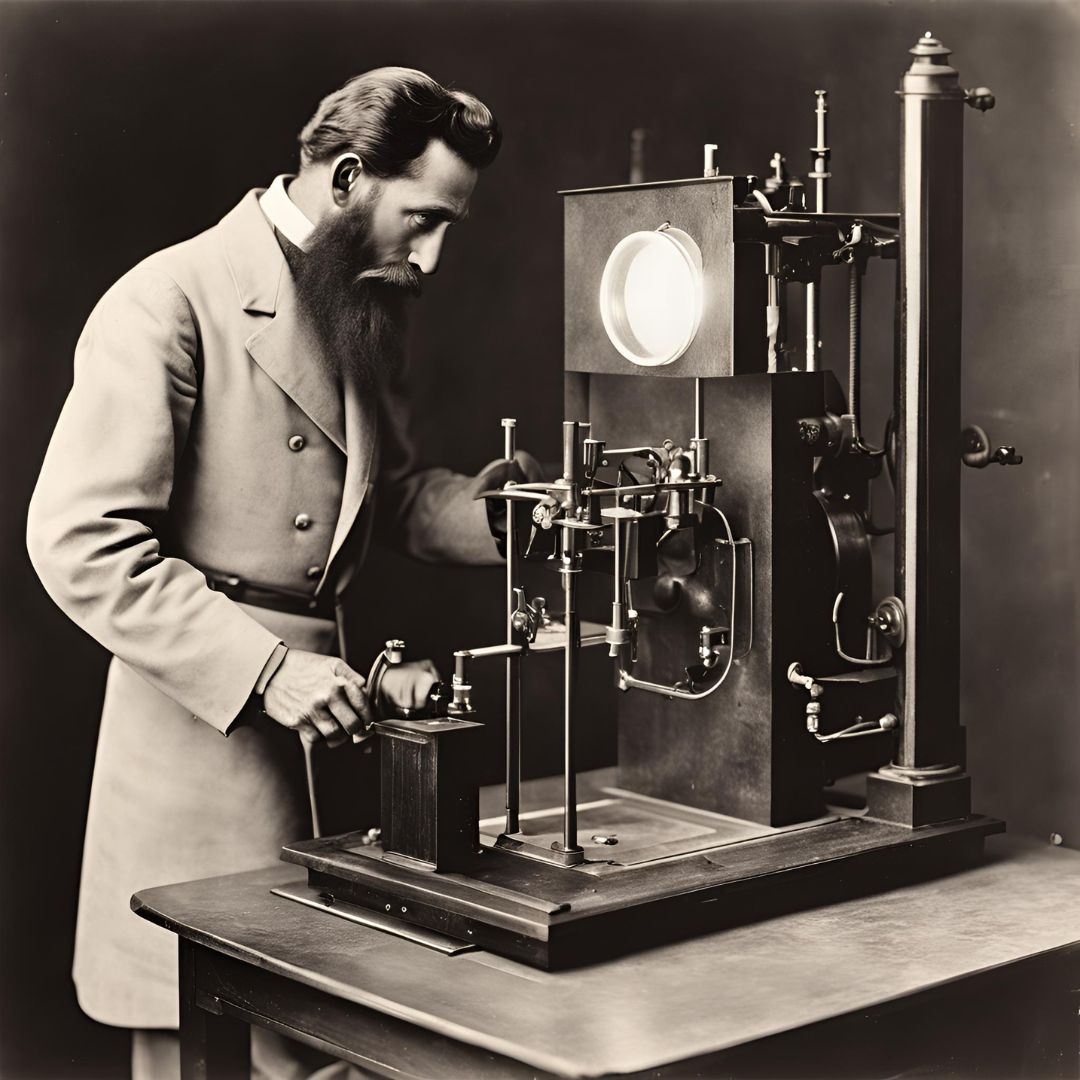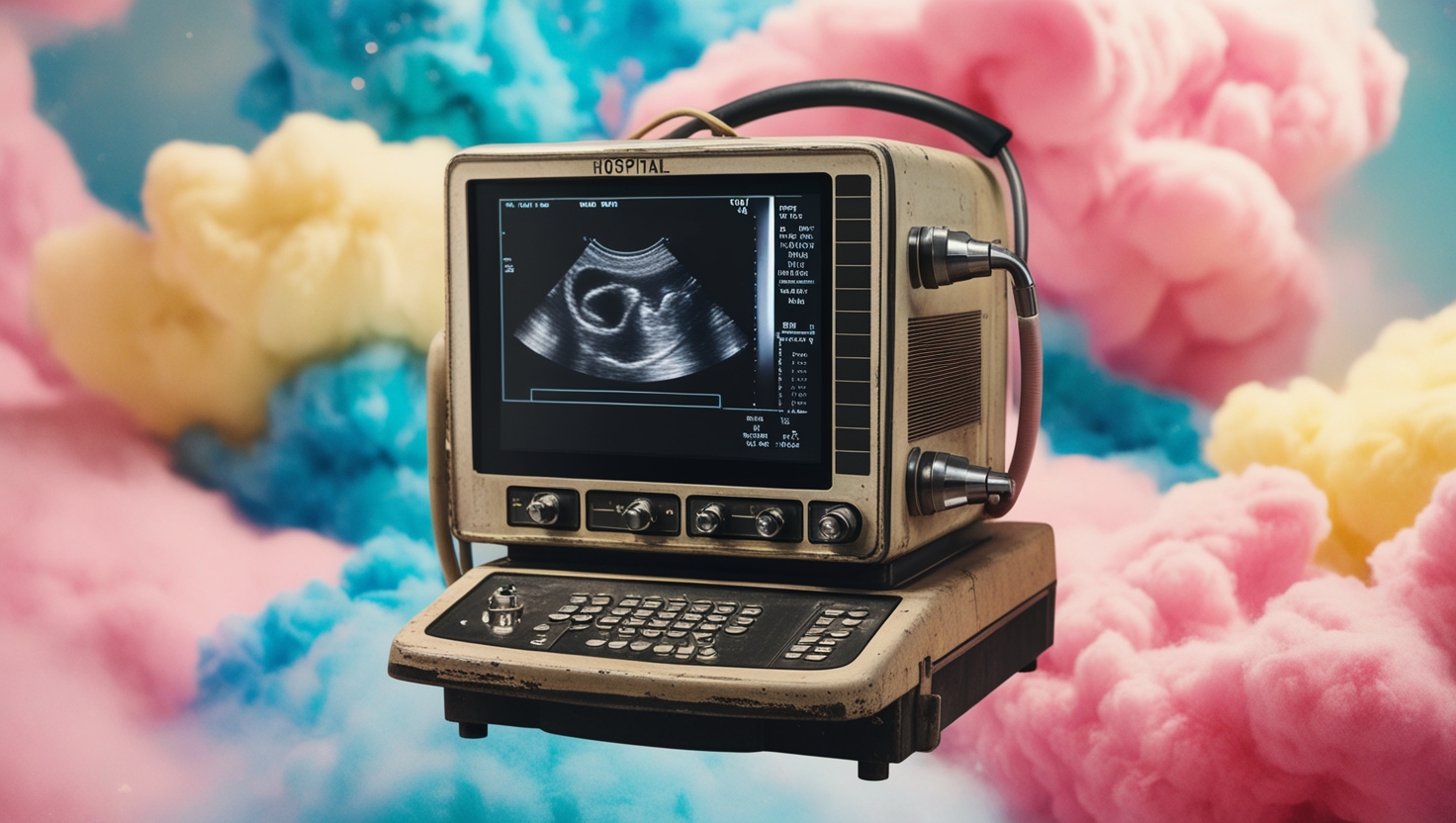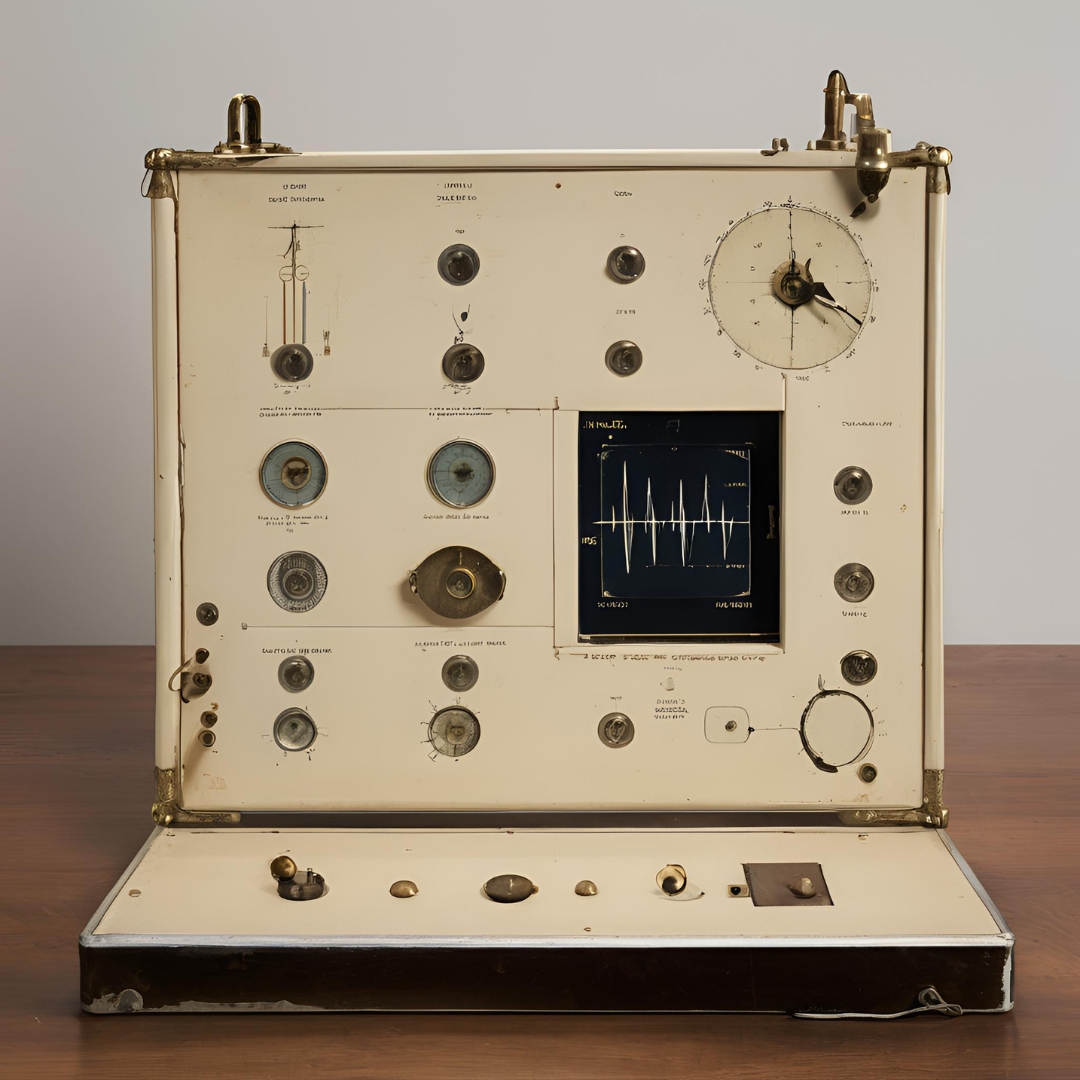Clinical engineering is an essential yet often overlooked field in healthcare. It stands at the crossroads of engineering and medicine, ensuring that the complex machinery and technology doctors rely on function optimally and safely. Without clinical engineers, modern healthcare systems would struggle to maintain the high standards of patient care that we expect today.
In this post, I want to share what clinical engineering is all about, why it’s so important, and how this field is evolving with the times.
What Exactly is Clinical Engineering?
To put it simply, clinical engineering is a specialized area within biomedical engineering that focuses on managing and maintaining medical devices in healthcare settings. These devices range from life-saving machines like ventilators and defibrillators to diagnostic tools like MRI scanners and blood glucose monitors. As a clinical engineer, my job is to make sure these devices are functioning correctly and safely.
Some of the key responsibilities in clinical engineering include:
- Maintaining Equipment: Regular checks and servicing are crucial to preventing equipment failures. This means constantly keeping an eye on every device, from the simplest blood pressure monitor to the most complex surgical robots.
- Troubleshooting Issues: When something goes wrong with a device, time is of the essence. I need to diagnose the problem quickly and get the equipment back up and running to minimize any disruption in patient care.
- Training Healthcare Staff: It’s also part of my role to train doctors, nurses, and other healthcare providers on how to use these devices properly. After all, even the best technology is useless if it’s not used correctly.
- Ensuring Compliance: Healthcare is a heavily regulated industry, and it’s my job to make sure that all the devices meet strict safety and performance standards. This isn’t just about following the law—it’s about ensuring that patients are safe.
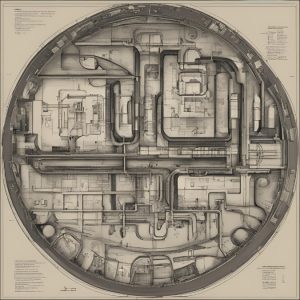
Why is Clinical Engineering So Important?
You might wonder why clinical engineering is such a big deal. The truth is, the devices we maintain and manage are the backbone of modern healthcare. They help diagnose diseases, monitor patient health, and even perform life-saving functions during surgery. If one of these devices fails, it can have serious consequences.
- Patient Safety: One of the primary goals of clinical engineering is to ensure that medical devices are safe to use. For example, imagine what could happen if a ventilator malfunctions in the middle of the night. It’s our job to prevent that from happening.
- Efficiency in Healthcare: Hospitals are busy places, and any downtime can delay patient care. By keeping all equipment in top shape, we help to ensure that everything runs smoothly, which ultimately leads to better patient outcomes.
- Regulatory Compliance: With the growing number of regulations in healthcare, it’s more important than ever to ensure that all devices meet required standards. This not only helps avoid legal trouble but also ensures that patients receive the highest standard of care.
- Supporting Innovation: The world of medical technology is constantly evolving, and it’s exciting to be at the forefront of integrating new devices into healthcare settings. Whether it’s a new type of imaging machine or an advanced surgical tool, clinical engineers are the ones who make sure it works in the real world.

The Changing Role of Clinical Engineers
As healthcare technology continues to advance, the role of clinical engineers is also changing. Here are a few ways that my work has evolved over the years:
- Healthcare IT Integration: More and more, medical devices are becoming part of larger hospital networks. This means working closely with IT professionals to ensure these devices are securely integrated with electronic health records (EHRs) and other systems. It’s a fascinating challenge that requires both technical expertise and a deep understanding of healthcare workflows.
- Cybersecurity: With the rise of connected devices, cybersecurity has become a major concern. It’s no longer enough to make sure a device works; we also need to protect it from potential cyberattacks. This involves everything from regular software updates to ensuring secure data transmission.
- Remote Monitoring: The COVID-19 pandemic accelerated the adoption of telemedicine and remote patient monitoring, and clinical engineers played a key role in this transition. We’ve had to adapt quickly, implementing and maintaining devices that allow doctors to monitor patients from afar.
- Sustainability: There’s also a growing focus on sustainability in healthcare. This means finding ways to extend the life of devices, recycle components, and reduce energy consumption. It’s an area that’s becoming increasingly important as healthcare organizations look to reduce their environmental impact.
- Predictive Maintenance: One of the most exciting developments in clinical engineering is the use of predictive maintenance. By analyzing data from devices, we can predict when a piece of equipment is likely to fail and perform maintenance before it becomes an issue. This not only saves time and money but also improves patient care.
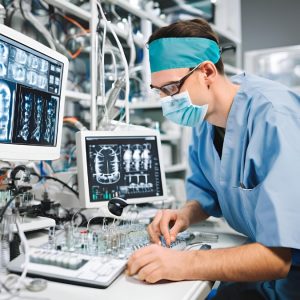
Challenges in Clinical Engineering
Like any field, clinical engineering comes with its own set of challenges:
- Keeping Up with Technology: The pace of innovation in medical technology is staggering. As clinical engineers, we need to continuously update our skills and knowledge to keep up.
- Resource Constraints: Many healthcare facilities operate on tight budgets, which can make it difficult to invest in the latest technology or hire enough staff. This can lead to delays in equipment maintenance and an increased workload.
- Navigating Regulations: The regulatory landscape in healthcare is complex, and it’s our job to navigate it while ensuring that all equipment remains safe and functional.
- Cybersecurity Threats: The increasing connectivity of medical devices means that they’re more vulnerable to cyberattacks. Staying ahead of these threats is a constant challenge.

Looking Ahead: The Future of Clinical Engineering
The future of clinical engineering is bright, with new opportunities and challenges on the horizon. As technology continues to evolve, our role will become even more critical in ensuring that medical devices are safe, reliable, and integrated into the broader healthcare system in ways that improve patient care.
One exciting development is the potential for artificial intelligence (AI) to assist in our work. AI could help analyze data from devices, predict maintenance needs, and diagnose issues more quickly.
Another area of growth is personalized medicine. As treatments become more tailored to individual patients, the devices used to deliver these treatments will need to be more precise and adaptable. Clinical engineers will be key players in developing and maintaining these advanced devices.
